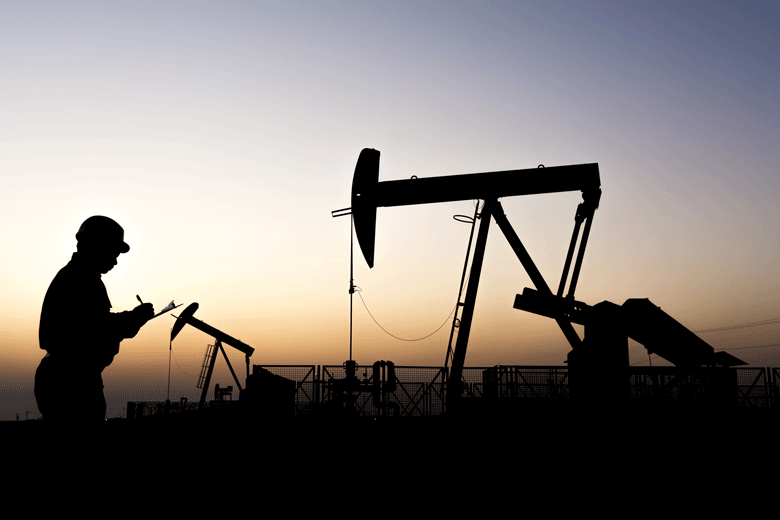

Iraq’s refineries processed 649,000 barrels a day (b/d) of crude oil in August, setting a new record high, but the country will continue to struggle with expensive fuel imports.
The new record is up 9 per cent from July, according to the latest figures from the Joint Organizations Data Initiative (JODI) last week. The August intake was higher than Iraq’s previous high, set in November 2013, before Islamic State of Iraq and Syria (Isis) took over huge swathes of northwestern Iraq.
The Isis takeover included seizing the Baiji refining complex, Iraq’s largest and most complex downstream facility around 250 kilometres north of Baghdad. Since forcing out the militants, the federal government has been on a drive to repair its refineries.
Figures for September, to be published by JODI in November, are likely to show even more crude being refined.
The oil ministry announced in early September that it had successfully restarted operations at the 70,000 b/d Salah al-Din 2 refinery, one of the main crude processing facilities inside Baiji. The refinery was running at full capacity, the oil ministry said days after the restart.
Baiji consists of the 70,000 b/d Salah al-Din 1 and Salah al-Din 2 refineries, along with the 150,000 b/d North refinery, as well as some small 10,000 b/d units.
The Baiji complex was occupied for more than two years, from June 2014 until a mid-2016 liberation by Federal Iraqi forces. After the occupation, fighting and looting of the complex caused extensive damage, and many Iraq sources feared it would never refine another barrel.
After successfully restarting Salah al-Din 2, the oil ministry is already planning to rehabilitate other damaged units, even raising capacity to 350,000 b/d.
But further refining gains at Baiji are likely to be more difficult. Some of the equipment from Salah al-Din 1 was stripped down and used to repair Salah al-Din-2, so the oil ministry will have to invest considerable sums to rebuild it.
While Iraq’s crude throughput is on the rise, it's producing too much low-value fuel oil. Without investments in new units, refineries will continue to yield nearly 50 per cent of the fuel. But there is little sign that the investments are coming. Engineering, procurement and construction (EPC) contractors have been waiting since 2012 for Iraq to tender a project to build a new fluid catalytic cracker at the southern Basra refinery.
It is technology Iraq needs, because its domestic fuel consumption has been hitting new records: gasoline consumption hit a high of 151,000 b/d in July, and August levels were just shy of that. Demand in the first eight months of the year was 140,000 b/d compared to 125,000 b/d in 2017, the JODI data showed.
This, along with 173,000 b/d of diesel, is well above the 113,000 b/d average last year. While Iraq produced 125,000 b/d of diesel, its highest level since 2014, the country still had to rely on costly imports for the remainder.
You might also like...

Contractors win Oman Etihad Rail packages
23 April 2024

Saudi market returns to growth
23 April 2024

Middle East contract awards: March 2024
23 April 2024

Swiss developer appoints Helvetia residences contractor
23 April 2024
A MEED Subscription...
Subscribe or upgrade your current MEED.com package to support your strategic planning with the MENA region’s best source of business information. Proceed to our online shop below to find out more about the features in each package.






